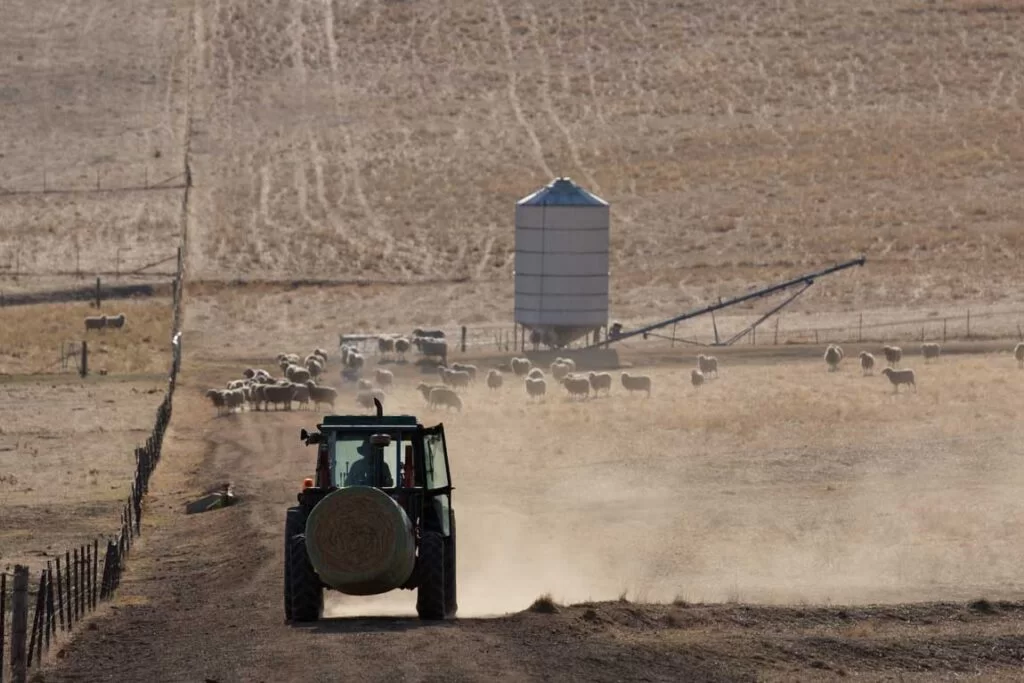Agreed to by the VFF Policy Council
Meeting 188
7 December 2022
Policy Statement
General Principles
1. The VFF recognises that foreign investment is important for Australia’s long term economic success, stability and prosperity. Foreign investment strengthens the agriculture industry by delivering needed capital to create jobs, expand skills, promote competition and create market access.
2. The VFF believes government policy towards foreign investment must achieve a balance between continuing to attract foreign investment and ensuring investments do not harm the national interest.
3. The VFF believes that all foreign investment in Australia must occur on a genuine commercial basis, and that foreign investment should not be allowed where it undermines national security and sovereignty.
4. The VFF acknowledges the nexus between foreign investment and trade in developing trusting and collaborative bilateral economic relationships. Government policy must avoid threatening existing and potential free trade agreements.
5. The VFF supports government screening of foreign investment proposals on a case-by-case basis. Rigid laws that prohibit any single class of investments can have the unintended consequence of preventing valuable investments.
6. The VFF believes foreign investors must obey all Australian laws and maintain high standards of conduct at all times.
Foreign Investment Review Board
7. As part of applying the national interest test, the FIRB should take consideration of all economic, environmental and social effects of the proposed investment.
8. As part of the national interest test, the FIRB should take consideration of any undue localised impacts on the community where the proposed investment is to occur.
9. In assessing the character of any investor, the VFF believes the FIRB should require investors to commit to paying any and all industry and transaction levies, regardless of the level of vertical integration in the business.
10. The VFF supports the ability for the Commonwealth Treasurer to have discretionary powers and the ability to call in foreign investment proposals. However, the VFF believes the national interest test lacks clarity around how it is interpreted from case to case. The VFF supports tighter policy guidance around the application of the test to ensure transparency and confidence for investors and the public.
11. The VFF supports the publication of reasons for decisions to block proposals to ensure transparency and confidence for investors and the public.
12. The VFF believes the threshold for screening of agricultural land purchases should be set at $5 million. The threshold for screening of purchases by sovereign entities should remain at nil.
13. The VFF believes fees for applications should represent a reasonable cost to business so that they do not discourage foreign investment, whilst also ensuring administration is adequately funded.
Registers of Foreign Ownership
14. The VFF supports the need for a dedicated registers of foreign owned agricultural land, water and assets as an important tool to monitor foreign investments and their effect on Australia’s agricultural industry.
15. The VFF believes that foreign ownership of ‘critical’ strategic assets should be subject to the same scrutiny as foreign ownership of agricultural land and water, taking into account the importance of strategic assets to national security.
16. The VFF believes the registers of foreign ownership should be publicly accessible and searchable with basic data published including the name and business address of the owner and the locality of the land.
17. The VFF believes that for all transactions of foreign owned land, water and assets, the value of the land, water, assets and incidences where a foreign entity divests interest in these resources should be recorded and published on the register.
18. The VFF believes that in addition to the publishing of an annual report, live data should be published on a monthly basis.
Tax Treatment
19. The VFF believes government should ensure that all foreign investors are treated similarly to Australian owned and operated farm businesses for the purpose of taxation. The VFF believes the imbalance of market power created by Low and No Tax Entities competing for land unfairly disadvantages Australian farmers.
